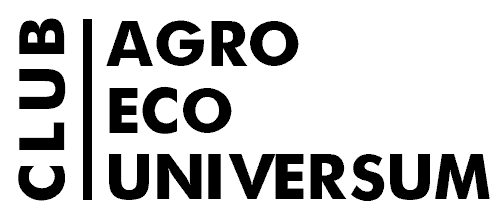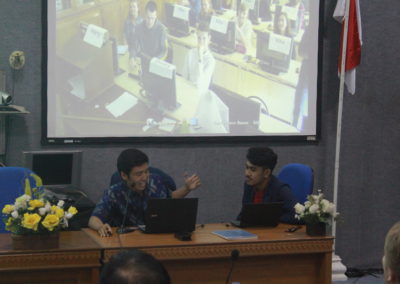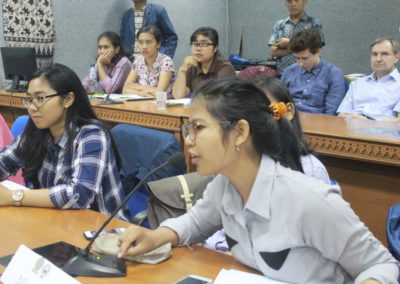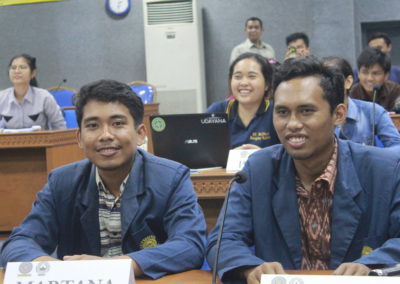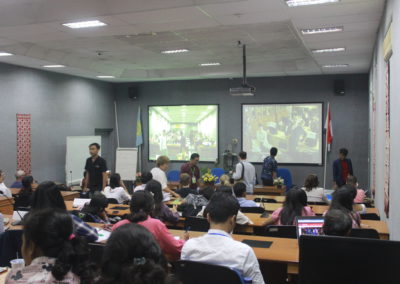Thematic teleconferences between universities
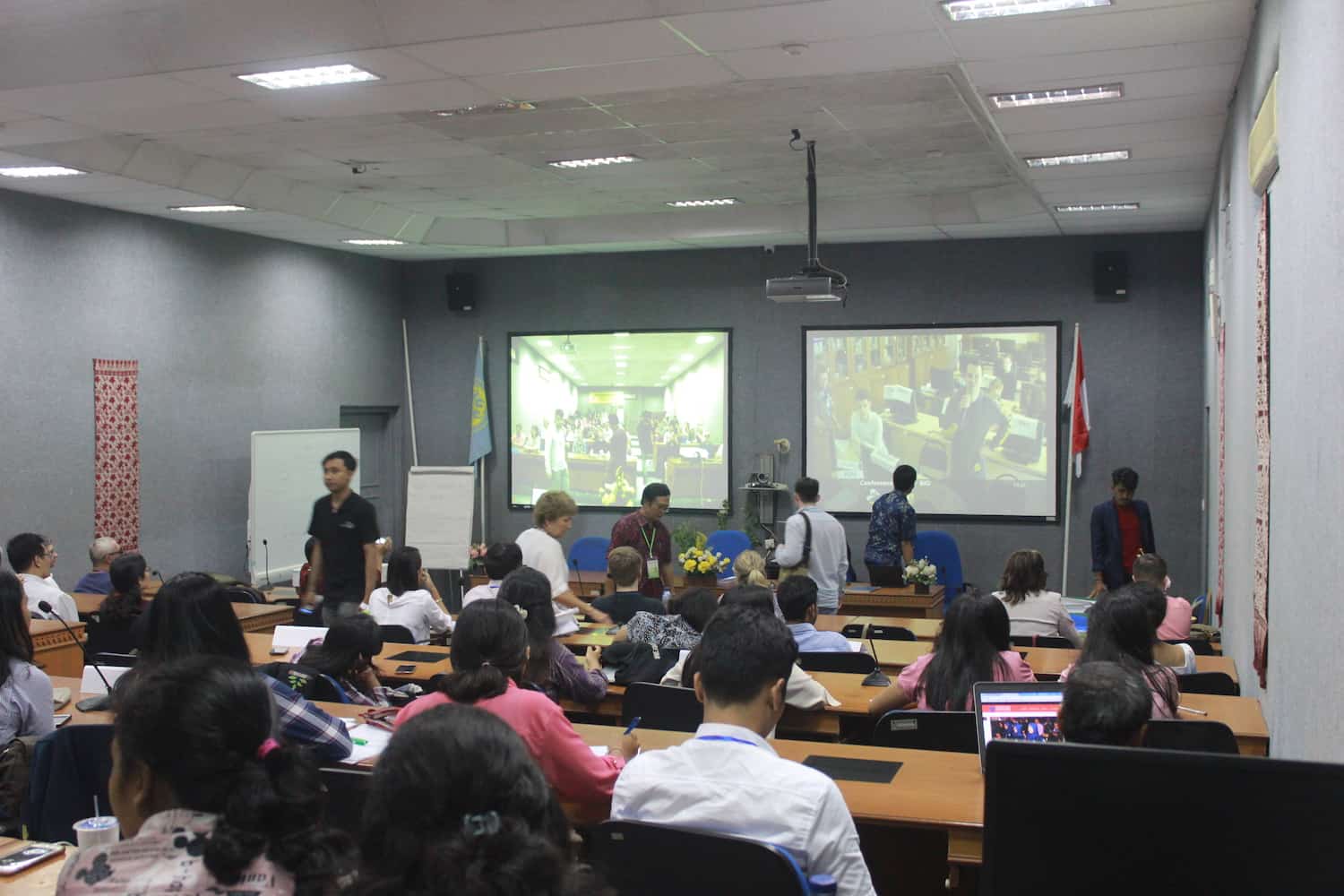
Since 2013 the Faculty of Agriculture of Udayana University (Indonesia) and the Faculty of Soil Science of the Moscow State University have held student teleconferences three times a year. The events are aimed at discussing the acutest ecological challenges in agriculture as well as ecological threats to water and soil resources.
During such teleconferences, students choose the most pressing ecological problems in their regions and present them to fellow participants for discussion and collectively they try to find a solution to each problem.
Previous conferences focused on such topics as water resources in Moscow; ecological problems of Batur lake in Bali; major pollutants in agriculture, aquaculture and soils (examples of Moscow and Bali); approaches to the choice of treatment facilities; difference between classic active sludge treatment facilities and constructed wetland; structure of such facilities; distinctive features of biocenosis as a treatment method; self-cleansing of natural water reservoirs and many other.
Students of both Universities actively participate in the teleconferences and have made many high-professional presentations, for example:
- Soil organic carbon stock estimation based on digital map of organic carbon stock in 30-cm soil layer of Russia;
- Soil-reclamation testing: determination of the degree of soil salinity in the Salsk district of Rostov-on-Don (based on the information system soil-geographical database of Russia);
- Preprocessing and processing monitoring data for environmental GIS (problems, solutions and recommendations);
- The results of GIS application for the analysis of long-term monitoring data of Bali water resources;
- Constructed wetlands for wastewater treatment including ones for fast-growing timber;
- Environmental risk assessment as a modern tool to evaluate the adverse effects of pesticides;
- Soil-amelioration approbation: determining the degree of soil salinization in Salsk district of Rostov-on-Don region (on the basis of Information System Soil-Geographical Database of Russia) etc.
Source:
Moscow State University
